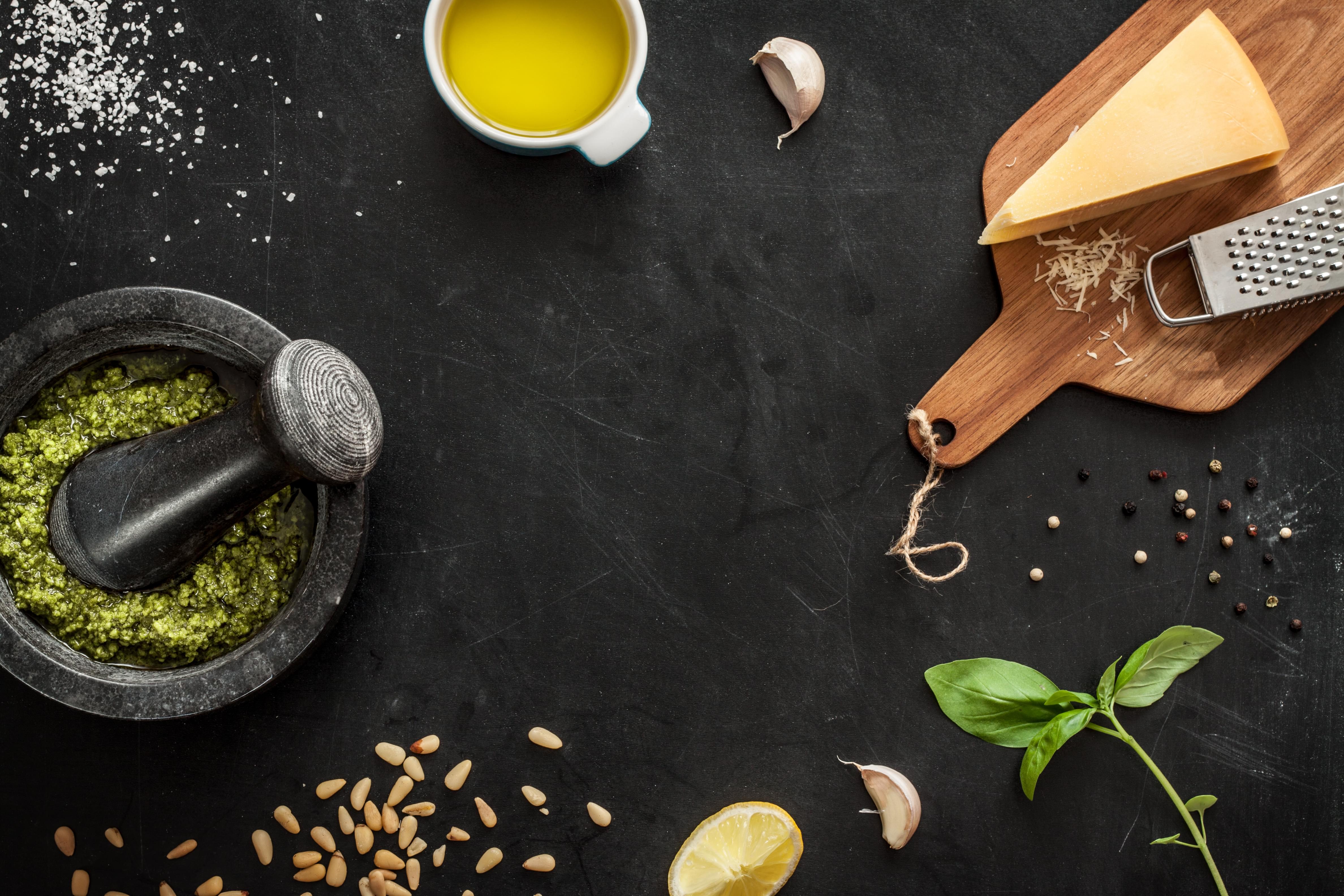
According to the UN’s Food and Agriculture Organization, 1.3 billion tons of edible food is wasted globally every year (FAO.org, 2016). This staggering amount not only puts food security at risk, but also spells out dire economic, social and environmental consequences.
It is for this reason that we at Savola World are working passionately to decrease food wastage by raising awareness about the threats it poses and by adopting internationally proven practices to drive sustainable behavior change toward optimal food resource management among our consumers and stakeholders.
Negaderha is food waste management and reduction program, which was developed to address food waste as a national issue. The program works conducting research concerning food wastage to obtain understanding of its drivers, actors, and volumes of food waste at a national level; and accordingly equip the target groups with the practical tools and tips to improve their food waste management knowledge and practices. Negaderha also aims to engage the consumers in reducing food wastage by promoted community campaigns that are based on the most effective global experiences; and aligned with 2030 Vision to contribute to ensuring sustainable food security for the Kingdom.
Negaderha forms strategic partnerships with various organizations across the different sectors. The program targets two main segments of society: the households and the HORECA (hotels, restaurants & cafes) sector. We also aim to expand our target groups in the upcoming stages of the program.
Field Research: Food Waste Quantification in KSA:
Savola World, - the platform of Sustainability and CSR Programs in The Savola Group- has undertaken research and studies to identify local social issues related to the business sector in line with 2030 Vision.The food waste issue has emerged as a priority and a social problem, especially as KSA is ranked of the world’s top food wasters according to the latest FAO (Food and Agriculture Organization of the United Nations) report. Hence, Negaderha (Savola’s Food Waste Management Program) came out. Negaderha developed a research methodology for mapping and measuring the national food waste in the country, in partnership with the United Nations Environment Program (UNEP) and The Food Waste Resources Action Program (WRAP).The field studies were carried out in cooperation with an advisory and research agency with expertise in the Saudi market. The field research was based on quantitative and qualitative measures to accurately measure the volume of the wasted food by category and to identify the social behaviors associated with food waste of individuals from the middle-income class. You may check excerpts from the field research done as a launching phase of Negaderha:
At the initiation phase of Negaderha Program, a public awareness campaign was launched, which in turn aimed to educate the community in general and the Household in particular. The campaign provided awareness messages to housewives, parents and children alike, and aimed to highlight food waste as a national issue and then raised awareness and provided appropriate solutions to reduce it. The campaign was conducted on various media channels and social media platforms on two phases respectively:
During this phase, Negaderha communicated several key visuals and TV commercials, which highlight the latest food waste statistics in Saudi Arabia. The awareness messages at this phase were characterized by realistic and shocking accent in order to create a sense of self-responsibility for individuals within the target groups as well as to highlight the size of this problem and the consequent loss of materials, time and efforts.
During this phase, Negaderha revealed various key visuals and TV commercials that contained practical tips and tools to enable the target groups to embrace the behavioral change and new purchasing habits to reduce food waste. The program offers solutions tackling four main touchpoints: grocery shopping, storage tips, portion planning and leftover tips & recipes.
You may view the media materials below:
To effectively realize its goals, Negaderha is in collaboration with several local and international organizations to::
Below is a brief profile of all of Negaderha’s partners along with some insight into the details of their respective collaborations:
Savola Group (the founder) has formed a partnership with the United Nations Environment Program (UNEP) to leverage their global scope of work and technical expertise. Through this engagement, we seek to garner the buy-in of regulators and enablers and scale these efforts on a national level through the delivery of specific related modules and the launch of a food waste prevention program in the KSA.
The Savola Group (the founder) has partnered with the Waste and Resources Action Program (WRAP) to obtain a license to leverage their expertise that includes strategic guidelines, business models, and several specific tools and tips. Through this license, we can utilize the intellectual property of WRAP to enrich Negaderha program.
During the launch of the Index of Food Waste & Loss in the Kingdom, Savola Group (the founder) has signed an MoU with the General Food Security Authority-GFSA,-known previously as the Saudi Grains Organization -SAGO. – Key terms of the MOU included the development of innovative concepts and applications to raise the social awareness, activating the cooperation between the various sectors to exchange the visions in order to create strategic sustainable programs.:
The Saudi Food Bank (Etaam) collaborates with Savola (the founder) to expand their outreach by targeting the hotels, restaurants and cafes sector (HORECA). Through its collaboration with Etaam, the Foundation has produced a technical manual to assist to bring behavioral change, raise awareness and empower business owners and employees in the hotel, restaurant and café sector (HORECA). Several initiatives have resulted through this engagement.